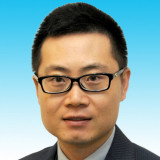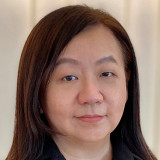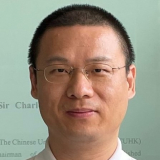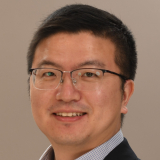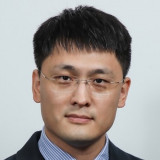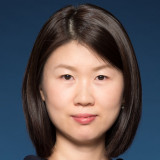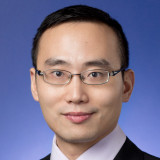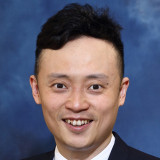Biography
- Associate Professor in Department of Physics at The Chinese University of Hong Kong
- Research mainly focuses on exploring topological phenomena in strongly correlated systems, and also includes various other topics such as quantum gravity and neutrino mass mixing problems
- RFS project - to explore new universality classes of topological phase transitions and deconfined quantum critical points (DQCPs) in realistic systems. Simultaneously, Professor Gu and his team will search for experimental evidence of topological phase transitions or DQCPs, examining their potential implications in fundamental physics
- Awards and Honours:
- RGC Research Fellow (2023)
- CUHK Research Excellence Award (2021)
- RGC Early Career Award (2016)
Project Title
- Topological Phase Transition and Quantum Criticality: Beyond Landau's Paradigm
Award Citation
During the past decade, Prof. Gu and his collaborators had established a new paradigm for topological phase of quantum matter based on the concept of long-range entanglement. In particular, they proposed a new class of topological phases protected by global symmetry – the so-called symmetry protected topological phase (SPT), which made significant contribution to Nobel Prize in Physics 2016.
After joining CUHK, Prof. Gu’s group further developed new mathematical languages such as general group super-cohomology theory to classify SPT phases in interacting fermion systems, and these works have been widely recognized as a milestone towards a complete understanding of topological phases in interacting fermion systems. In addition, Prof. Gu and his collaborators also pointed out that long-range entanglement can be locally encoded in a special class of wavefunctions --- the tensor network states (TNS). They had further developed an accurate and efficient way -- the Entanglement Filtering Renormalization Group (EFRG) to calculate physical quantities of TNS. This method has the potential to resolve large classes of long-standing hardcore problems, such as the emergence of quantum spin liquid (QSL) in frustrated magnets and key mechanism of high-Tc cuprates.
In this project, Professor Gu and his team’s research focuses on using categorical symmetry and the holographic principle to gain insights into topological phase transitions in higher dimensions, especially in interacting fermion systems. Through tensor network simulations, they will explore new universality classes of topological phase transitions and deconfined quantum critical points (DQCPs) in realistic systems. Simultaneously, they will search for experimental evidence of topological phase transitions or DQCPs, examining their potential implications in fundamental physics. By going beyond the traditional Landau paradigm, this project will uncover the true nature of topological phase transitions and DQCPs, making a profound and lasting impact on the fundamental research landscape in Hong Kong.



